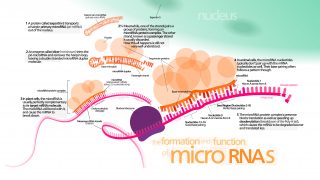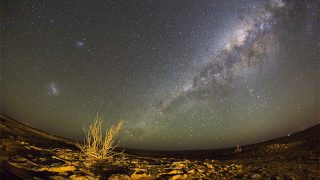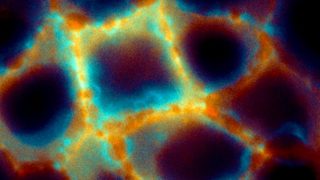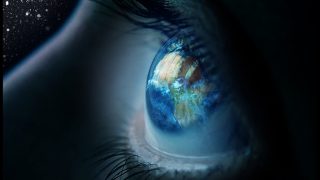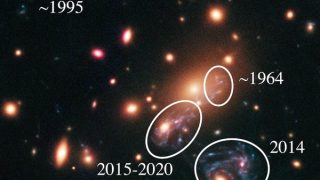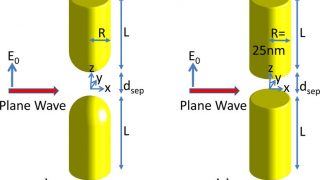
Graphene Oxide: Yet another “cancer cure of the week”?
Since its discovery in 2003, graphene has become one of the “materials of the future”, with applications ranging from tissue engineering to energy storage. Recently, a paper published in Oncotarget by researchers at the University of Manchester has shown its potential in anti-cancer therapy, in addition to its already known applications in medicine as a […]
